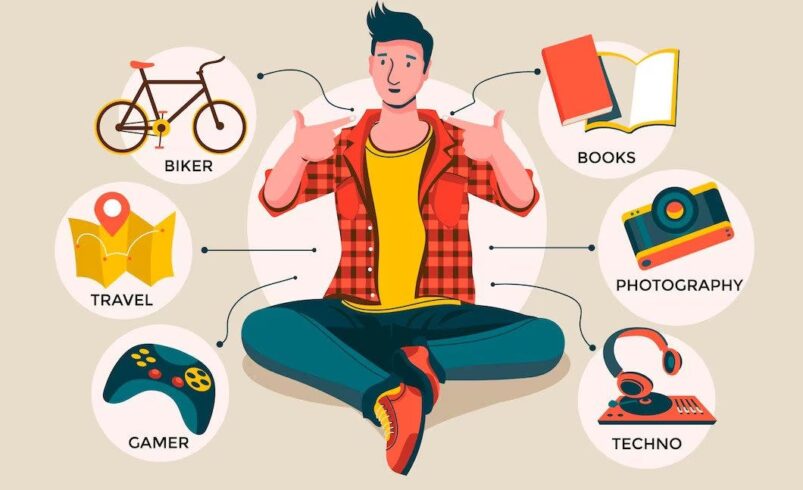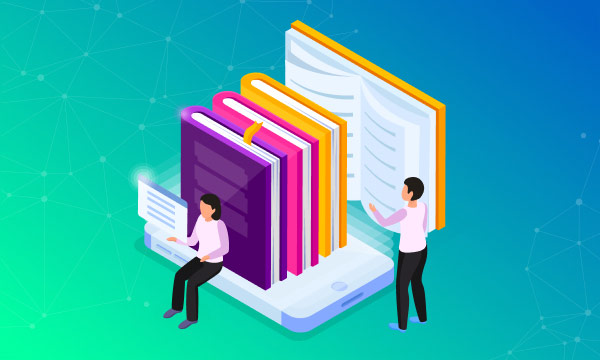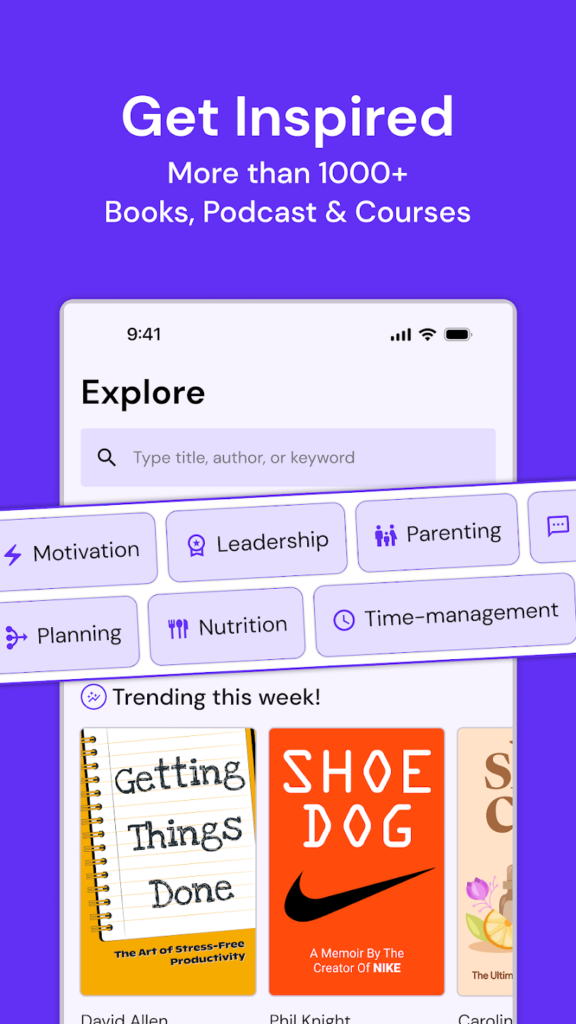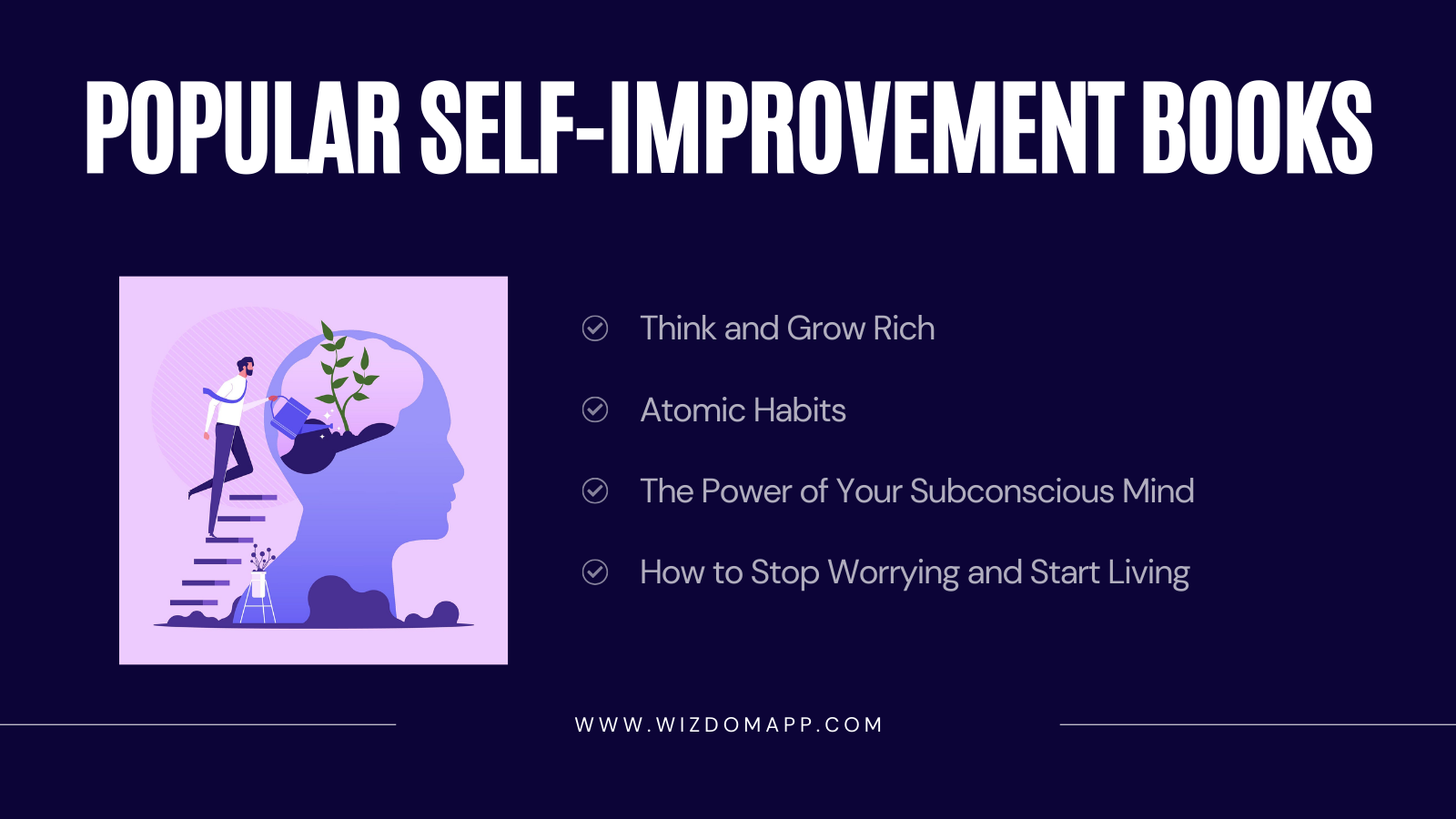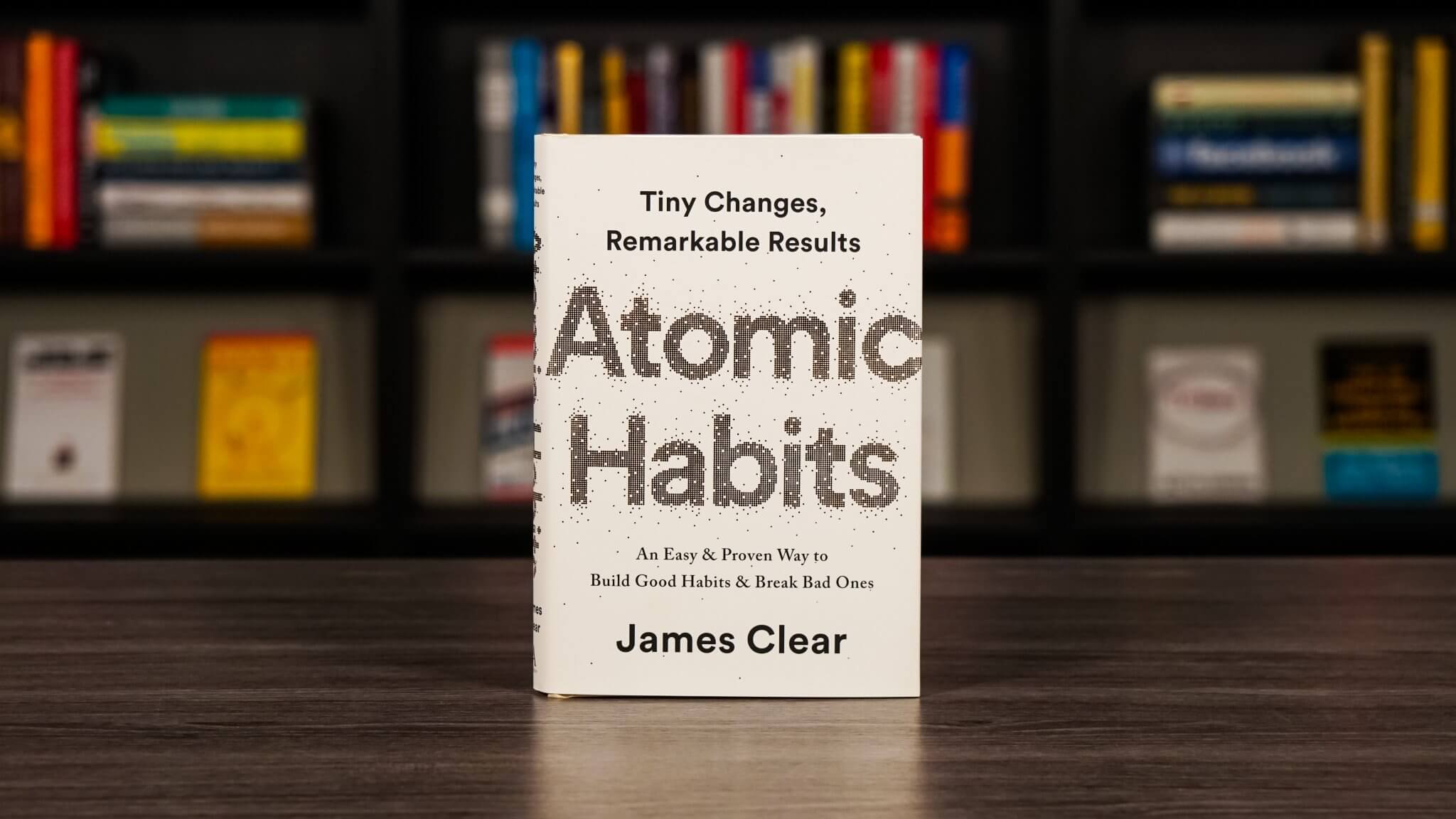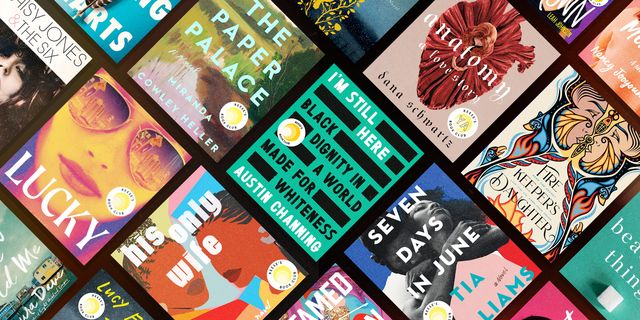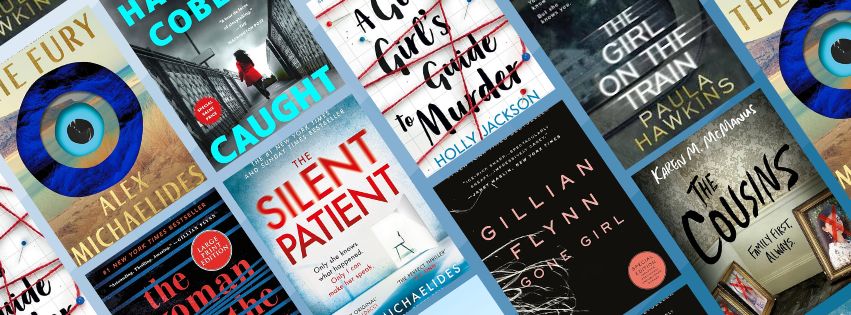
In the digital age, the ways we consume literature have evolved dramatically. The traditional method of reading printed books now shares the stage with the increasingly popular format of audiobooks.
This evolution has sparked a lively debate among book enthusiasts: Audiobooks vs. Reading. Each method offers unique experiences and benefits, catering to different lifestyles and preferences.
Understanding the distinctions between these two modes of consumption is essential as it influences how we engage with literature, absorb information, and find personal enjoyment.
Contents
- 1 How they differ
- 1.1 “Becoming” by Michelle Obama
- 1.2 “Harry Potter” series by J.K. Rowling, narrated by Jim Dale
- 1.3 “Educated” by Tara Westover, narrated by Julia Whelan
- 1.4 “The Subtle Art of Not Giving a Fck” by Mark Manson, narrated by Roger Wayne:
- 1.5 “Sapiens: A Brief History of Humankind” by Yuval Noah Harari, narrated by Derek Perkins:
- 2 Benefits of Audiobooks and Reading
How they differ
The debate between audiobooks and traditional reading is more than a matter of personal preference; it touches upon broader themes of accessibility, convenience, and cognitive engagement.
As our lives become increasingly busy, finding time to sit down with a book can be challenging. Audiobooks offer a solution by allowing us to enjoy literature while multitasking whether commuting, exercising, or doing household chores.
However, traditional reading remains a cherished practice for many, providing a tactile and immersive experience that audiobooks may not fully replicate. Furthermore, understanding the benefits and limitations of each format can help individuals make informed choices about how they consume literature. This, in turn, can enhance their overall reading experience and contribute to lifelong learning and personal development.
Whether one prefers the spoken word or the written page, both methods have unique strengths that can foster growth in different ways.
Here are some famous audiobooks:
Audiobooks have gained immense popularity in recent years, with many renowned titles captivating listeners worldwide. Some of the most famous audiobooks include:
“Becoming” by Michelle Obama
Narrated by the former First Lady herself, this audiobook provides an intimate and inspiring account of her life, offering listeners a deeper connection through her voice.
“Harry Potter” series by J.K. Rowling, narrated by Jim Dale
Jim Dale’s narration of this beloved series has become legendary, bringing the magical world of Hogwarts to life in a way that enhances the imagination.
“Educated” by Tara Westover, narrated by Julia Whelan
This memoir’s gripping story is beautifully conveyed through Julia Whelan’s narration, making the listener’s experience both emotional and profound.
“The Subtle Art of Not Giving a Fck” by Mark Manson, narrated by Roger Wayne:
This self-help book’s blunt and humorous approach is perfectly complemented by Roger Wayne’s engaging narration.
“Sapiens: A Brief History of Humankind” by Yuval Noah Harari, narrated by Derek Perkins:
This thought-provoking work is made even more accessible through Derek Perkins’ clear and captivating narration.
These audiobooks have not only entertained millions but also made literature accessible to those who may struggle with traditional reading due to visual impairments or learning disabilities. By providing an alternative means of engagement, audiobooks democratise access to literature and knowledge.
Benefits of Audiobooks and Reading
Convenience and Multitasking
One of the primary advantages of audiobooks is their convenience. They can be enjoyed while performing other tasks, such as driving, exercising, or cooking.
This flexibility allows individuals to incorporate literature into their daily routines without needing to set aside dedicated reading time.
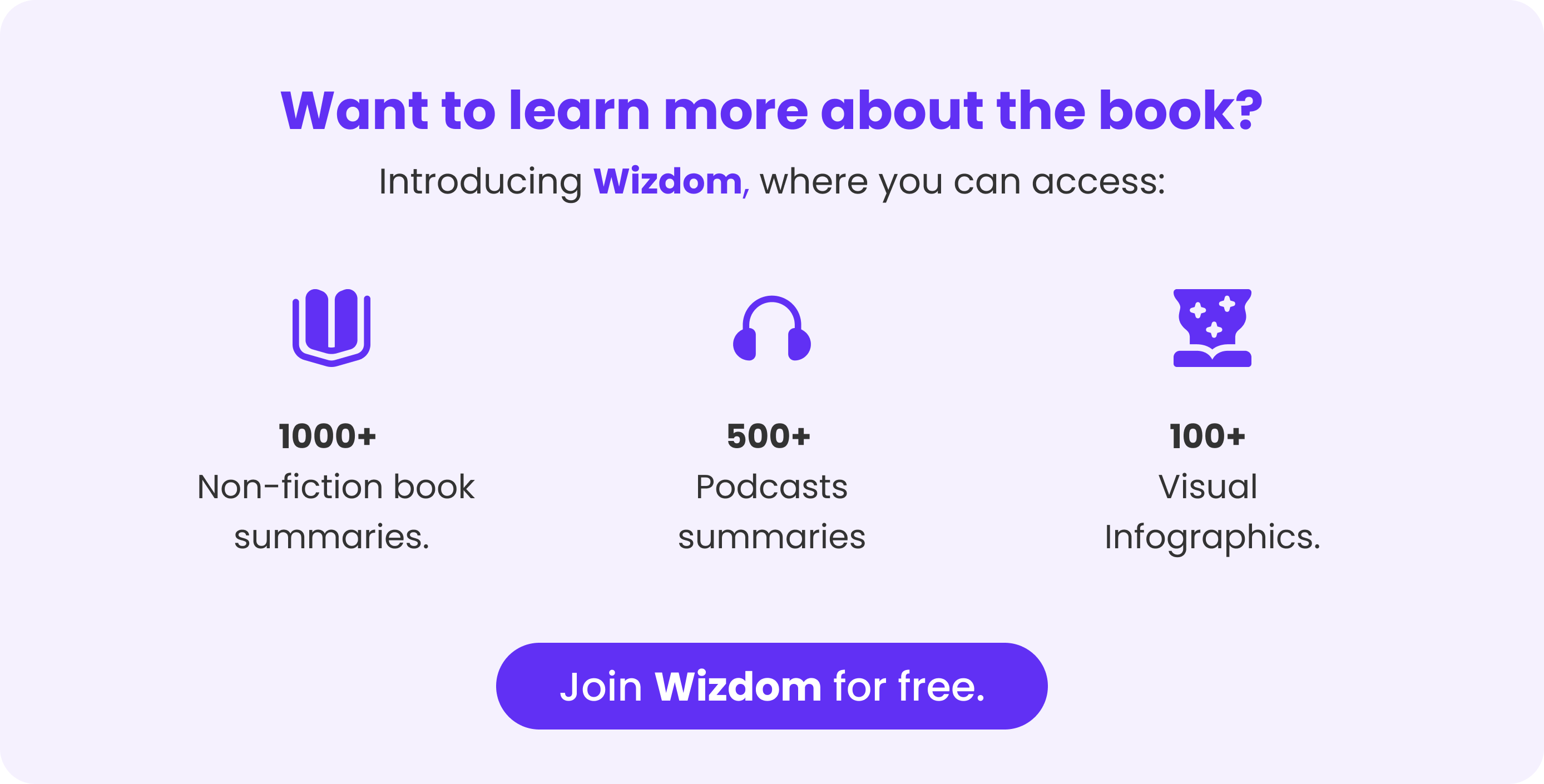
Enhanced Comprehension and Retention
For some, listening to audiobooks can enhance comprehension and retention. Hearing a story narrated with emotion and inflection can make complex ideas more digestible and memorable.
Audiobooks can also improve listening skills, which are crucial for effective communication.
Emotional Connection
Narration adds a layer of emotional connection to the text. Hearing an author read their own work, such as Michelle Obama in “Becoming,” can provide insights into their intended tone and emotion, enriching the overall experience.
Traditional Reading: Deep Focus and Imagination
Traditional reading, on the other hand, encourages deep focus and concentration. It allows readers to immerse themselves fully in the text, engaging their imagination to visualise characters, settings, and events.
This cognitive engagement can enhance critical thinking and analytical skills.
Vocabulary and Language Skills
Reading traditional books is known to improve vocabulary and language skills. Encountering new words in context helps readers understand and retain them, which can enhance their writing and communication abilities.
Personal Preference and Enjoyment
Ultimately, the choice between audiobooks and reading comes down to personal preference. Some people may find the tactile experience of holding a book and turning its pages irreplaceable, while others may prefer the convenience and accessibility of audiobooks. Both methods can provide immense joy and satisfaction.
In conclusion, the debate between audiobooks and traditional reading is a testament to the evolving landscape of literature consumption. Both formats offer unique benefits that cater to different needs and preferences, making literature more accessible and enjoyable for a diverse audience.
Audiobooks provide convenience, emotional connection, and accessibility, allowing individuals to enjoy literature while multitasking. Traditional reading, on the other hand, fosters deep focus, imagination, and language skills, offering a tactile and immersive experience.
The importance of this topic lies in understanding how each format can contribute to personal growth and enrichment. By exploring both audiobooks and traditional reading, individuals can make informed choices that enhance their engagement with literature and promote lifelong learning. Whether one prefers the spoken word or the written page, the ultimate goal is to cultivate a love for literature and harness its transformative power.
Want to know more about books?
Read the complete set of most-read books FREE on the Wizdom App
Check the app out and get armed with 1500+ of the world’s best books, courses, podcasts, infographics, and more!
Find the link here to an endless journey of reading!

Aishwarya
Often found roaming between the realms of intellect and imagination, Aishwarya is currently practising her third year of Computer Science Engineering. She shares a special penchant towards writing which gives her an ideal way of expressing her creativity in a lucid and insightful writing style. Beyond that she's a voracious reader, an amateur artist and has a knack for Astrophysics.
Recent Posts
- 25 Top Quotes from The 10X Rule to Supercharge Your Ambition
- 10 Books You Must Read to Succeed in Your Career
- 30 Little Tricks for Big Success in Relationships
- 25 Life-Changing Self-Help Books to Read This December: Boost Your Mood and Your Mind
- 25 Amazing Self-Care Tips for December: Wrap Yourself in Joy, Not Stress

